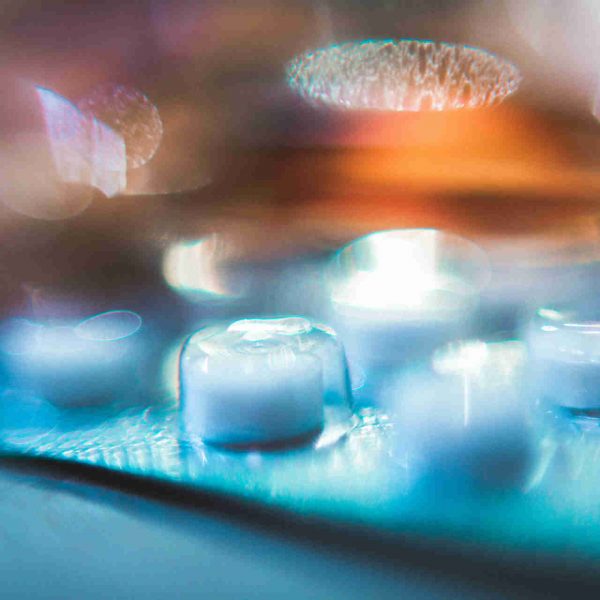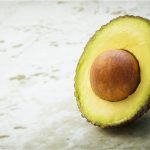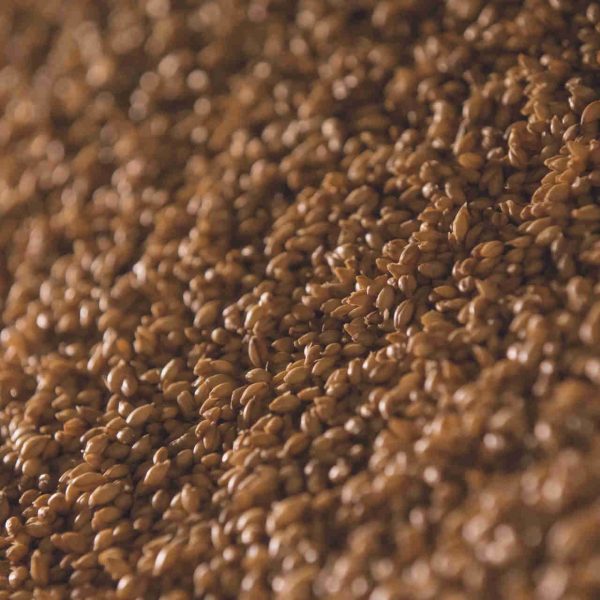
Cultures for GI Health
The Role of Supplements
Dietary sources of prebiotics and probiotics are always preferred. However, there are times when we cannot support our health with enough nutrients from the foods we eat. In this case, we can supplement our diet with manufactured sources.
Supplements are products consumed that contain ingredients intended to boost the nutritional benefits of a diet but are not considered food. While whole food sources of nutrients are the preferred means of delivery, pills and powders can fill the gaps that the modern American diet cannot fill. The use of the appropriate supplements can be an important contributor to gastrointestinal (GI) health.
The importance of
Micronutrients in GI Health
Micronutrients, like vitamins, minerals, essential fatty acids, and essential amino acids are critical to the optimal functioning of the body. Our body does not manufacture them. They must be ingested from our food or other sources.
There are almost 30 “essential” micronutrients. Vitamins and minerals boost the immune system, support healthy cell development, and support the body’s organs. Vitamins are derived from living things (organic). Minerals are inorganic substances found in soil and water. Together they control all aspects of metabolic function.


Without micronutrients to remove waste, cells become congested, DNA gets broken, and the body doesn’t have the ability to repair itself. Eventually, you get sick.

Microbiota and Micronutrients
In order for our body to absorb the micronutrients it needs, foods must go through the process of digestion. Digestion breaks foods down into its component parts so that they can be assimilated or eliminated as needed.
But it is also becoming evident that this relationship is two way: the microbiome impacts the assimilation of nutrients and nutrients consumed affect the microbiome.
Optimizing the microbiome balance will improve the absorption of micronutrients. Likewise, improving nutritional intake via dietary choices and supplements supports optimal gastrointestinal health.
The benefits of targeted
supplementation
Correcting Dietary
Deficiencies
It is important to find supplements that will improve dietary deficiencies without creating other imbalances. Certain vitamins and minerals can cause problems when consumed in excess. For example, fat-soluble vitamins can be toxic in extreme doses.
Restoring Microbiome Balance
A targeted regime of supplements can help support microbiome balance throughout the entire digestive tract from the mouth to the anus.
Probiotics are an obvious choice but lesser-known supplements like L-Glutamine and collagen help to make the intestines more hospitable to beneficial bacteria.
The Limitations of Supplements
Food is always the optimal source of nutrition. Our bodies assimilate nutrients better in balance. Taking large doses of an individual one without other complementary nutrients can cause further imbalances. Seek professional guidance when using supplements for gastrointestinal health.
Types of Supplementation
Probiotics
Beneficial bacteria are critical to the digestion and assimilation of nutrients. While dietary sources of microbiota are generally preferred, given the state of the current nutritional landscape, probiotic supplementation is often the best and quickest option for those in digestive distress.

Important Considerations when buying Probiotics
Beneficial Strains
There is increasing evidence that particular bacterial strains have specific benefits. Matching the probiotic to the symptoms is important for efficacy.
The most abundant strains are:
- Acidophilus
- Bifidobacterium
- Lactobacillus
Balanced Formula
Microbiomes are a delicate ecosystem. There are a variety of species and they peacefully co-exist in a particular configuration. Using a supplement with a balance of strains can prevent unintended symptoms.
Live
Cultures
It is critical to understand how the microorganisms in the probiotic are being stabilized for shipment and storage. There may be a difference in the CFUs of a product before packaging at a plant than after purchase in both live and freeze dried cultures.
Probiotic Delivery Methods
Probiotic efficacy is impacted by a number of factors including the way in which we ingest the cultures.

Capsules
These are primarily shelf-stable although some may require refrigeration. Most often the cultures have been freeze-dried. However, this does not guarantee the potency of the cultures in all conditions. Despite the attempt to standardize the products via CFUs, the consistency can vary greatly among brands and even batches.

Liquids
Liquid probiotics are generally refrigerated. Liquids have the advantage of requiring little digestion and can move more quickly through the stomach.
Suppositories
Suppositories are inserted anally and are the most rapid method of reaching the intestines and colon for repopulation.
Picking a Probiotic Supplement

Prebiotics like FOS, GOS, XOS, Inulin; fructans are the most commonly used fibers which when used together with probiotics are termed synbiotics and are able to improve the viability of the probiotics
Kavita R. Pandey
Prebiotics
Prebiotics are soluble fibers that support the growth of beneficial microorganisms in the intestines.
The best-researched prebiotics includes inulin and oligofructose (FOS). Taking prebiotics with an active probiotic can enhance efficacy. Remember, more is not necessarily better. Overconsumption of prebiotics can create digestive distress.
Inulin
Inulin is a starchy substance that improves gut health and may improve blood sugar, cholesterol and help weight loss. Most of the supplements on the market are made from chicory root.
FOS
FOS strengthens gut flora, helps with fat breakdown and boosts the immune system by increasing nitric oxide production in cells.
Try to find prebiotic supplements that contain some prebiotic-rich foods.

Alliums
Garlic is 11% inulin and 6% FOS. Onion has 10% inulin and 6% FOS.

Avocados
One avocado contains about 4 grams of soluble fiber.

Oats
Oats contain beta-glucan and some resistant starch.

Bananas
Bananas contain inulin and other vitamins and minerals.
Benefits of Prebiotics
Fiber
Dietary fiber is both soluble and insoluble.
Soluble fiber turns to a gel when hydrated in the intestines. It is the primary food for beneficial microorganisms in the intestines. It slows down digestion and can help alleviate diarrhea.
Insoluble fiber is found in foods such as wheat bran, vegetables, and whole grains. It adds bulk to the stool and appears to help food pass more quickly through the stomach and intestines. It speeds up digestion and can relieve constipation.

Sources of Insoluble Fiber
Insoluble fiber is not food for the microbes in the gut, however, it does help to gather toxins and other wastes for expulsion.

Beans

Cruciferous Vegetables

Nuts

Whole Grains
Soluble vs. Insoluble Fiber
Other SuppLements for GI Health
Enzymes
Enzymes are catalysts that control biochemical reactions in the body.
L-Glutamine
L-Glutamine is a nonessential amino acid that has a specific role in digestive health that is believed to help maintain the mucosa (protective barrier) in the intestine.
Collagen
Collagen contains glutamine and helps to regulate gastric acid. Regular use helps reduce heartburn, ulcers and other digestive problems.
Collagen peptides help digestion by retaining water in the intestine, helping moving food through the GI tract, and healing the gut lining and intestinal wall.
Most Popular Questions
This is a selection of the most frequently asked questions about using targeted supplements for gastrointestinal health.
It does but it is not the only consideration. Please visit our CFU page.
Widely found beneficial bacteria include the Lactobacilli and the Bifidobacterium families.
Each strain has its unique function and benefits to the body.
Candida overgrowth is a complicated treatment protocol because the strains are a part of a healthy microbiome.
There is no one size fits all recommendation but we have explored some of the most widely suggested ideas in our Candida article.


